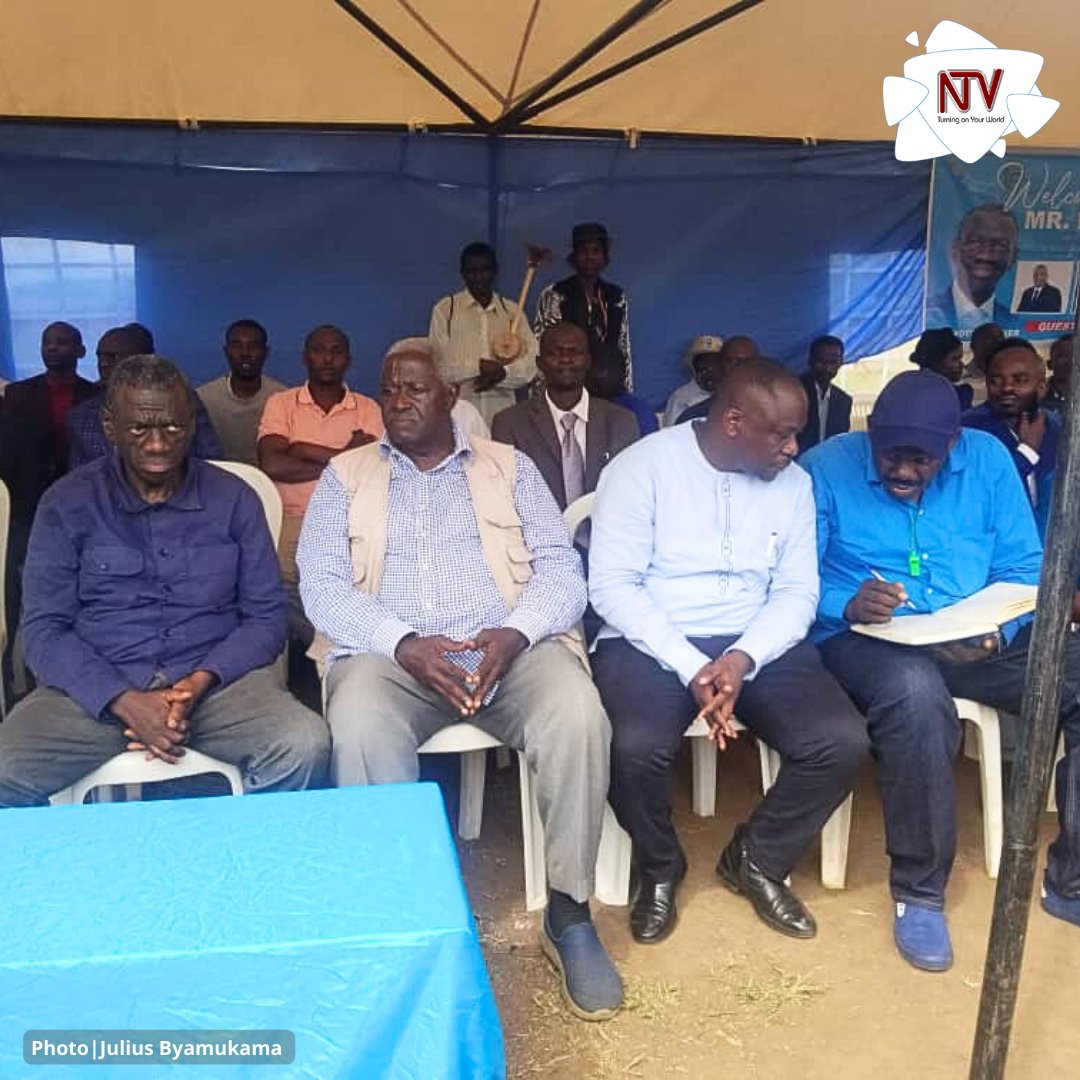The Uganda National Oil Company (Unoc) has initiated the sale of petroleum products to oil marketing companies (OMCs) in Tanzania and Uganda, a strategic move as it prepares to commence a direct importation agreement with Vitol Bahrain. This development marks a shift in Uganda’s fuel supply strategy, which has historically depended on Kenyan OMCs.
Unoc’s approach involves offering these products in modest quantities to subsidiaries within the two nations, signaling a market testing phase. The impending five-year contract with Vitol Bahrain is poised to replace the long-standing reliance on Kenyan suppliers, a relationship that has been strained following Kenya’s decision to secure a credit-based fuel import deal with Gulf oil majors—a move Uganda claims has contributed to elevated fuel prices.
The direct imports from Vitol Bahrain are anticipated to disrupt the current dynamics, as Unoc has traditionally catered to state-owned entities but now plans to extend its reach to private OMCs. Vitol, a multinational oil and gas company headquartered in Switzerland with Dutch origins, is a significant player in the industry, with partial ownership of the Fujairah Refinery in the UAE.
Kenya’s deal with Saudi Aramco, Abu Dhabi National Oil Corporation, and Emirates National Oil Company, which began in April of the previous year and was extended until December 2024, aimed to alleviate dollar demand and support the Kenyan shilling. In contrast, Uganda’s annual import of approximately 2.5 billion liters of petroleum, valued at $2 billion, has predominantly been managed by the Kenya Pipeline Company (KPC), handling over 90% of the cargo.
The new arrangement between Unoc and Vitol Bahrain is expected to significantly impact KPC’s revenue from transit fuel, which constitutes a substantial portion of the dollars required for Kenya’s fuel imports under its government-to-government deal.
Unoc’s initial plan to begin imports under the new deal faced a setback due to a licensing issue with Kenya. The Energy and Petroleum Regulatory Authority (Epra) withheld the license necessary for Unoc to utilize KPC’s storage and transport network, citing non-compliance with legal requirements, including the lack of a licensed petroleum depot and a minimum of five retail stations in Kenya.
This situation underscores the complexities and interdependencies within East Africa’s energy sector and the potential implications of shifting alliances and trade agreements on regional economies.







 {
#divFLRARight, #divFLRALeft {
display: none !important;
}
}
</style>
<script type=)